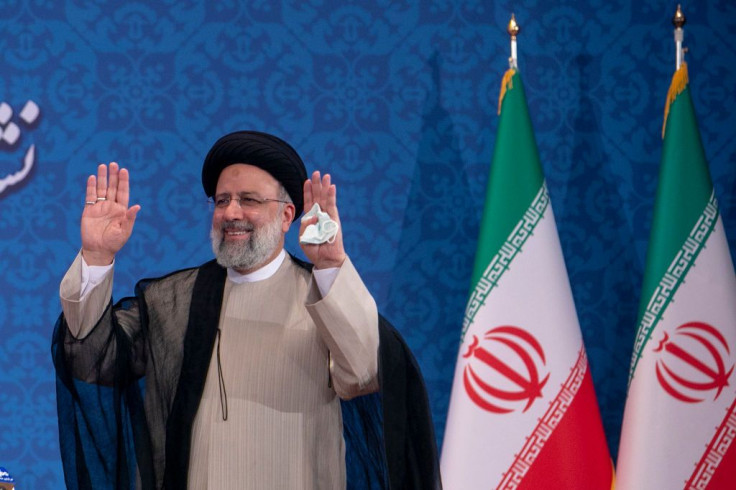Iranian President-elect Ebrahim Raisi on Monday showed no interest in meeting Joe Biden. He said that he would not meet the US President, even if both countries agreed on terms to revive the 2015 nuclear deal.
Under the deal, Iran accepted to stop uranium enrichment in return for the lifting of crippling US sanctions. Currently, Iran is indirectly negotiating with the US in Vienna over how to salvage the nuclear agreement. In 2018, the Trump administration unilaterally withdrew from it.
On the Vienna talks, Raisi, who was declared the winner of an uncompetitive election in Iran over the weekend, said, "We will not allow negotiations to be for negotiations' sake. Negotiations should not be dragged out but each sitting should bear results. A result-oriented (negotiation) is important to us and it should have an outcome for the Iranian nation."
BBC reported that when he was asked if he would meet Biden, he replied, "No."
In response to a question from CNN at Monday's press conference in Tehran, Raisi blamed the US and European Union of violating the deal, and called on Biden to lift all sanctions. The new Iranian leader also said that the country's ballistic missile program was "not up for negotiation."
"My serious proposal to the United States government is for them to return (to the agreement) in an expedited manner ... in doing so they will prove their sincerity," Raisi said. "The people of Iran do not have good memories of the JCPOA," he added, referring to the formal name of the nuclear deal.
"The Americans trampled on the JCPOA and the Europeans failed to live up to their commitment. I reiterate to the US that you were committed to lifting the sanctions -- come back and live up to your commitments," Raisi said.
He said that the maximum pressure sanctions campaign on Iran, first instituted by the Trump administration, "was not successful." "Up until today, maximum pressure was not successful on our people, they (the US) must change their minds, and come back to reason. Our people have shown they can withstand the pressure," he said.
Raisi is open to diplomacy and dialogue, but said that Iran's foreign policy would not be restricted to the 2015 nuclear deal.
On Monday, he also addressed his connection with the mass execution of political prisoners in 1988 when he was deputy prosecutor of Tehran. On being asked about the executions, Raisi did not confirm or deny the allegations, Al Jazeera reported. “Everything I’ve done in my time of holding office has been to defend human rights,” he said.
He added that he has dealt with “those who disrupted people’s rights and engaged in Daeshi and anti-security moves” in reference to the ISIL (ISIS) armed group. “If a legal expert, a judge or a prosecutor has defended the rights of people and the security of the society, he must be lauded and encouraged for preserving the security of people against assaults and threats.”

© 2025 Latin Times. All rights reserved. Do not reproduce without permission.



